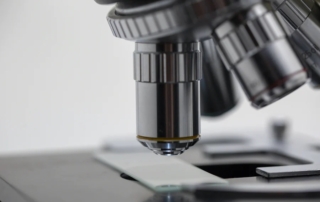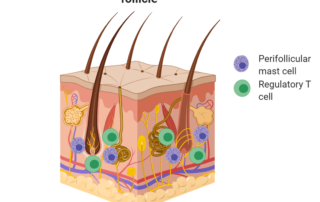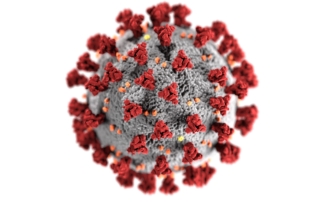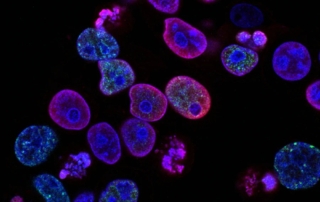May 20th is International Clinical Trials Day
International Clinical Trials Day May 20th, 2021 | #ICTD2021 May 20th is International Clinical Trials Day. Clinical trials help to shape the future of medicine. We believe it’s important for patients and the public to be aware of and engaged with clinical trials. Below you will find 3 ways to learn
Participate in a Canadian Alopecia Areata Study
This study is now closed. Thank you to all who completed the survey. The study results will be released at www.canaaf.org in the coming months. You can also sign-up for our mailing list to receive the results by email. Study on the Burden of Disease in Alopecia Areata Alopecia areata is an autoimmune
The Biology of Alopecia Areata: Where are we in 2021?
Anthony Gilding, Science & Research Communication at CANAAF As the much-needed research on COVID-19 is taking place, research on the science behind alopecia areata is following suit. Up until this point, we have learned so much about the disease, particularly, the role of Janus Kinase (JAK) inhibitors as a potential treatment. A recent review
Alopecia Areata: Addressing the Unknown
Anthony Gilding, Science & Research Communication at CANAAF As we learn more about alopecia areata we’re often told something along the lines of “much is still unknown about the disease”. This can be incredibly frustrating, particularly for individuals who are looking for treatment. The exact cause(s) of the disease are still largely unknown
Expert Advice: COVID-19 & Alopecia Areata
The COVID-19 vaccine rollout is underway in Canada, and with it, a rise in questions from the CANAAF Community about the safety of the vaccine for someone with alopecia areata. We've asked Dr. Jeffrey Donovan, Canadian dermatologist and hair loss specialist to tell us what we currently know about COVID-19 and alopecia
Treating Alopecia Areata: Where are we at the end of 2020?
Treating Alopecia Areata: Where are we at the end of 2020? Anthony Gilding, Science and Research Communication at CANAAF Alopecia Areata (AA) was first clinically described in 1817 by Dr. Thomas Bateman as bald patches that were mainly circular. 203 years later, Alopecia Areata is recognized as an autoimmune disorder that causes varying







